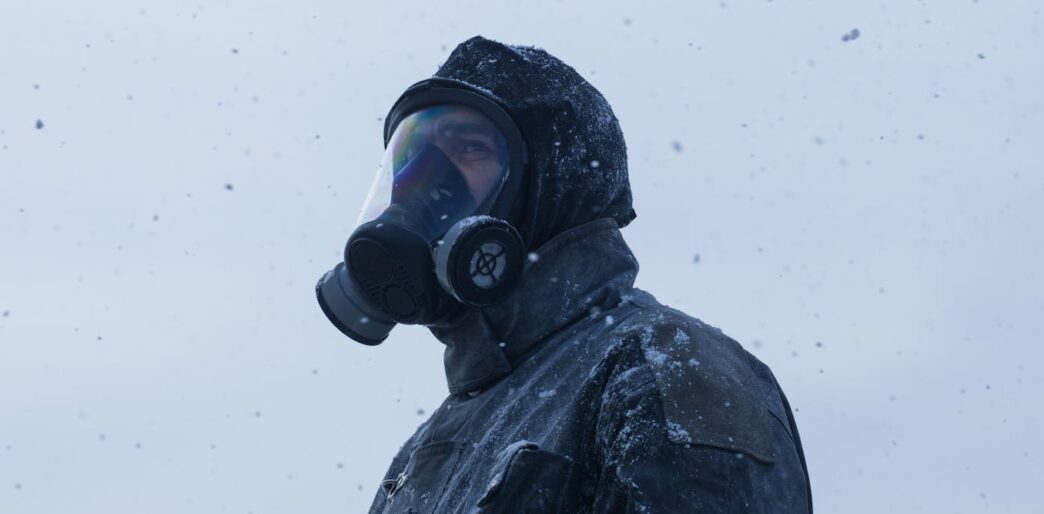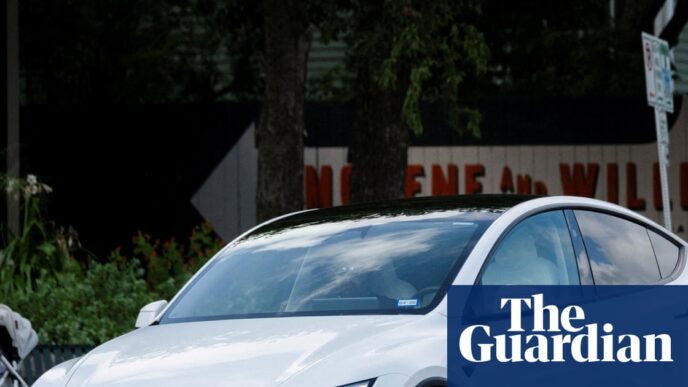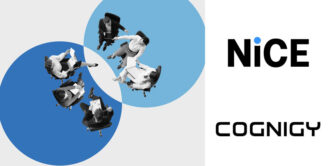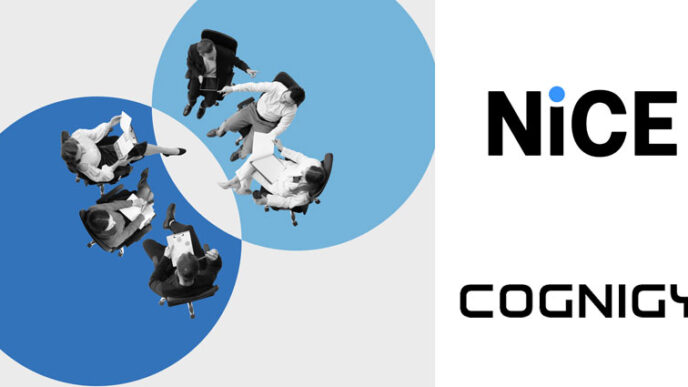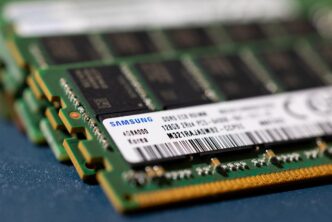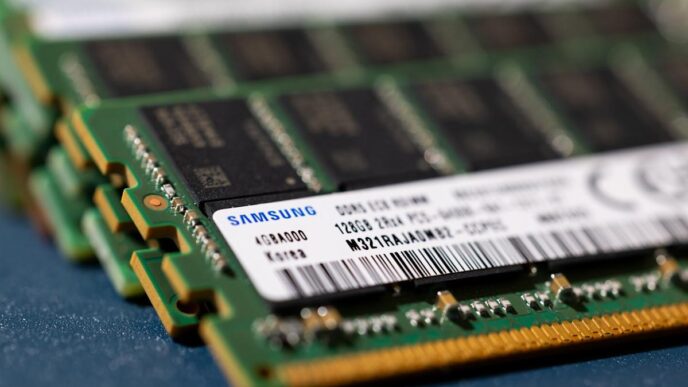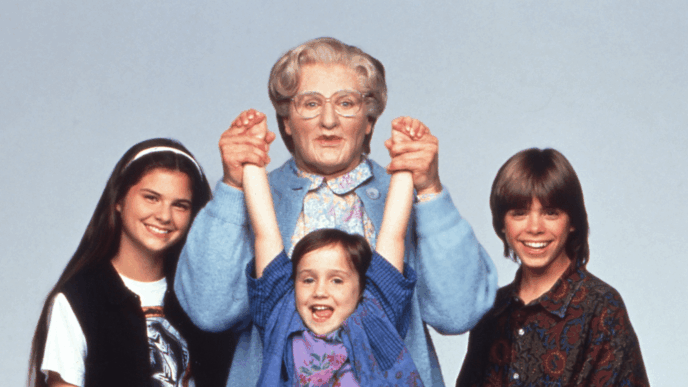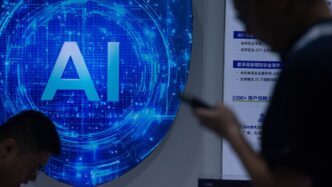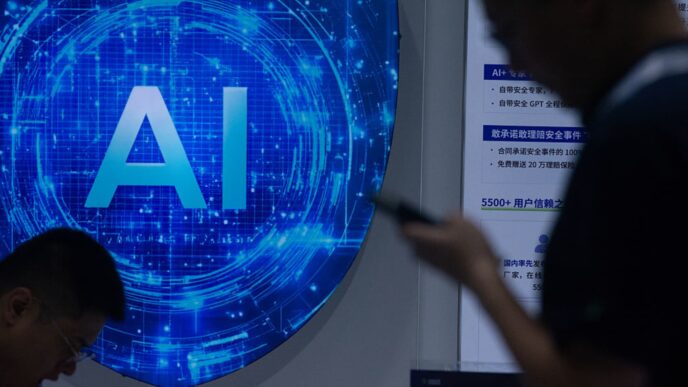Netflix rolled out text-to-video AI in its sci-fi show El Eternauta to create a building collapse scene. This marks the streamer’s first official use of generative AI in final footage. The sequence was completed ten times faster than traditional VFX methods.
The move highlights a shift in how visual effects are done. Instead of months of painstaking work by artists manually building and animating digital scenes, Netflix artists just described what they wanted. AI generated the entire sequence almost instantly.
The text-to-video AI market is booming, projected to hit £1.33 billion by 2029. This comes as studios slash budgets—Netflix cut content spending by 4.6% in 2022; Disney and others also imposed major cost cuts. AI could cut media production costs by 10%, and up to 30% in film and TV.
Traditional VFX work is expensive, topping $33.7 million per US film in 2018. AI could democratize this process, helping indie filmmakers achieve complex visuals—while raising questions about creativity and control.
Director Ascanio Malgarini spent a year on AI tools making the short Kraken but found full control “simply out of the question.” He compared his process to editing massive footage compilations, not directing precise shots.
“Full control over every detail was simply out of the question.”
In psychology, audiences prefer original human-made art over AI copies once they know the source. Research found participants liked AI art more until they were told it came from AI, which lowered perceived authenticity and creativity.
Hollywood’s AI use sits in a regulatory gap. The US has no federal law specifically about AI content. The stalled Generative AI Copyright Disclosure Act offers no real protection. The UK is consulting on copyright reform including an AI “opt-out” for creators.
The 2023 Hollywood strikes pushed some protections. Screenwriters banned AI rewriting their work. Actors won consent rights for digital replicas. But VFX crews remain vulnerable, with high unpaid overtime and little health coverage.
Disney and Universal sued Midjourney in June 2025 over alleged copyright infringement, accusing it of a “bottomless pit of plagiarism” using copyrighted characters without permission.
“AI is a bottomless pit of plagiarism,” read the lawsuit.
US courts are divided. One ruled against Ross Intelligence for training AI on copyrighted material. Others have accepted fair use defenses.
With 27% of jobs worldwide at high risk of AI automation and 96% of VFX workers lacking AI training, the industry is playing catch-up.
Netflix’s AI rollout exposes hard questions about creativity, costs, and trust. As audiences catch on to AI’s role, the industry needs regulation and worker retraining fast—or risk falling behind.
Watch the El Eternauta trailer
See Kraken, the AI short film by Ascanio Malgarini
An anti-AI sign at the 2023 Writers Guild of America strike.
Photo by Etienne Laurent

